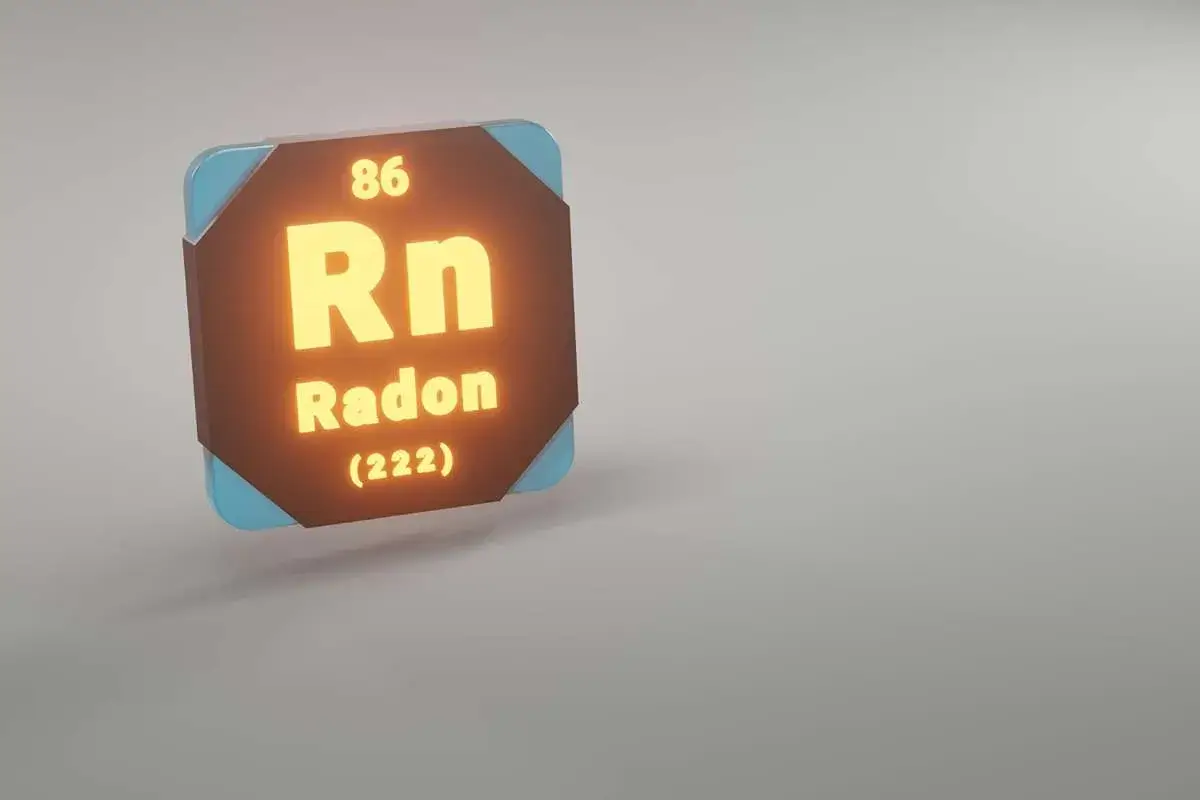When people think about home safety, they often picture locks on doors or smoke detectors…

What Do Home Inspectors Look for When Selling a House
If you are planning to sell your house, one of the biggest hurdles is the home inspection. It’s that one movement when everything in your home is up for scrutiny.
The buyers pay close attention to the inspection report. So the sellers always question what inspectors look for or if they are on the hunt for perfection. Let’s learn more about home inspections and how sellers can be prepared without panicking.
Why Home Inspections Matter for Sellers
We all know that buyers rely on a home inspection to spot red flags. The inspection can spot all visible and hidden defects in the building. It protects them from costly surprises after closing the deal.
Meanwhile, for sellers, the inspection can make or break the sale. A clean inspection report can speed up the selling process, build trust, and prevent price reductions. On the other hand, a report highlighting issues can raise the demand for repairs and cause delays in the process. In the worst scenario, the buyer may walk away.
What Do Inspectors Look For
The job of a professional home inspector is to evaluate the health and safety of the home by focusing on major systems and structural components.
Home inspectors don’t assess cosmetic issues like peeling paint or outdated cabinets. They are trained to find problems that impact safety, functionality, or value.
The following are the home inspection things to check in your home:
-
Structural Integrity
A professional inspector checks the bones of the house. Structural components aren’t easy to repair or replace. If there are cracks in the foundation, uneven floors, a sagging roof, or damaged beams, it indicates severe structural issues with the building.
This can be due to settling problems or major construction flaws. These problems are expensive to fix and a major concern during inspections.
-
Roof & Gutters
The roof of your home is the most valuable component. It is also the most expensive thing to replace. The inspector checks for the roof age, material, missing or damaged shingles, flashing, and vent condition, signs of water damage, leaks in the attic, and the drainage system.
If your roof is over 15-20 years old, consider getting it inspected or serviced before listing your home. It can be helpful to avoid last-minute surprises.
-
Plumbing System
Buyers are really concerned about the water flowing in the plumbing system of a home. They want reassurance that water flows where it should and nowhere else.
If there are any leaks behind walls, low water pressure, poor condition of the water heater, old galvanized pipes, or visible signs of mold, the inspector will mark your plumbing system as problematic.
The plumbing issues can lead to bigger concerns like rot or structural damage. Even a dripping faucet can raise eyebrows. Sellers should pay attention to this system before listing their homes.
-
Electrical System
All the buyers want safe, up-to-code electrical systems. Nowadays, they prefer all the tech and gadgets in a modern home. The home inspectors check only for the safety features of the system, like outdated wiring, circuit breakers, properly grounded outlets, exposed wiring, and GFCI protection in required areas.
If your home hasn’t had an electrical update in decades, it might be worth hiring an electrician for a pre-listing checkup.
-
HVAC System
Every buyer seeks comfort in a home. A working HVAC system is essential for a smooth sale. The home inspector evaluates he furnace and AC condition, airflow, ductwork, filters, age, service history, thermostat functionality, and cleanliness of the system.
Being a seller, it is better to change the filters, clean vents, and show the maintenance record (if you have one) to the buyer and their inspector.
-
Attic & Insulation
The attic is the least visited area of a home; it may not be the most glamorous part of a house, but inspectors always take a look to check the insulation levels and type, ventilation quality, signs of pests or rodents, water stains, or roof leaks.
Poor insulation or pest activity in the attic can raise energy costs and health concerns for the residents. If there is any such issue, it is better to address it in good time.
-
Doors, Windows, & Exterior Elements
Inspection of the exterior of a home isn’t about the curb appeal; it is about weatherproofing, safety, and structural integrity. The inspector checks for the window seals, door alignment, any damage to the trim, cracks in the driveway, and issues with grading and drainage.
The seller should get the noticeable gaps sealed and ensure all the doors and windows open and close smoothly.
-
Built-In Appliances
The built-in appliances can help to sell a house for a good price. The inspector tests the functionality, leaks around the dishwasher or laundry unit, or any sign of wear or damage.
The sellers can check and ensure all the appliances are maintained and in good working condition before the buyer schedules an inspection.
-
Safety Features
Inspectors are usually vigilant about safety issues. They check for the availability of smoke and carbon monoxide detectors, stair railing, trip hazards, and fire hazards. The safety features should be maintained according to the local codes.
-
Basement & Crawlspaces
Basements and crawl spaces are favorable locations for moisture issues. The home inspector checks for water intrusion, dampness, mold, insulation, cracks in the foundation, and ventilation.
Conclusion
Now you know all about home inspection things to check by a certified inspector. Knowing what inspectors look for, you can prepare by making essential fixes to all the elements. But not being an expert, you can miss a lot.
That’s why it is better to let the expert check your home and describe everything before the buyer gets an inspection.
You can get a seller’s inspection, known as a pre-listing home inspection, from Advantage Inspection Service, and make the required fixes. Hire the experts and proceed to sell your home without any headaches.



